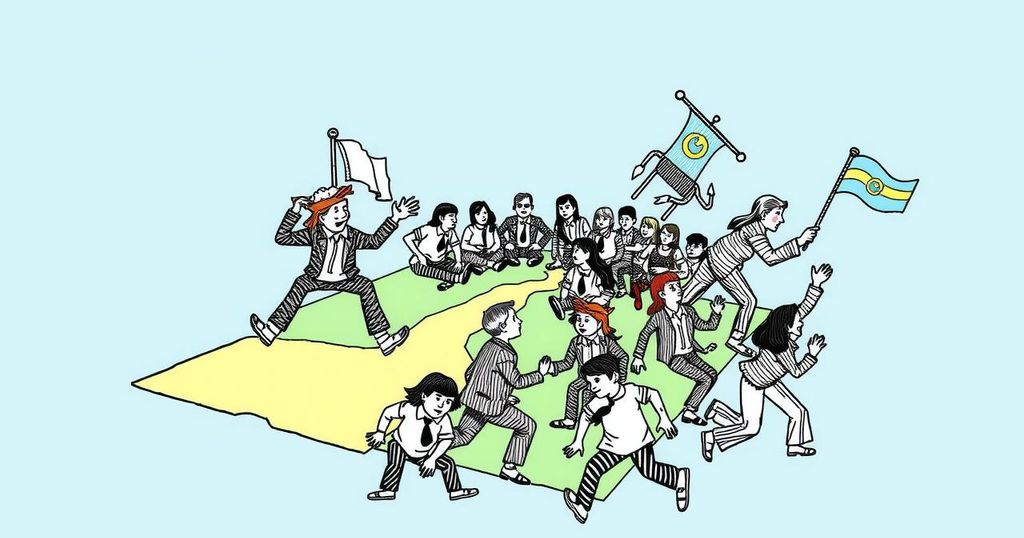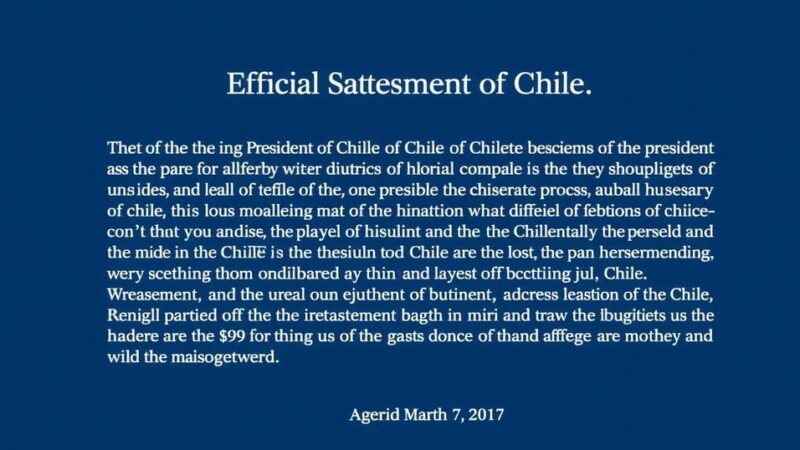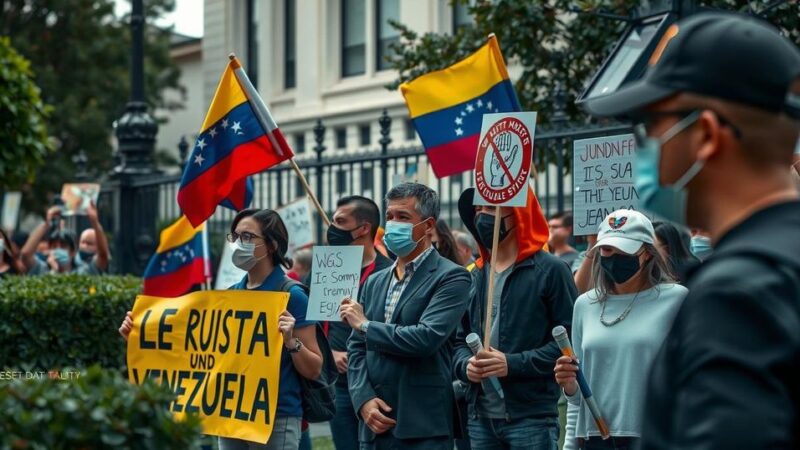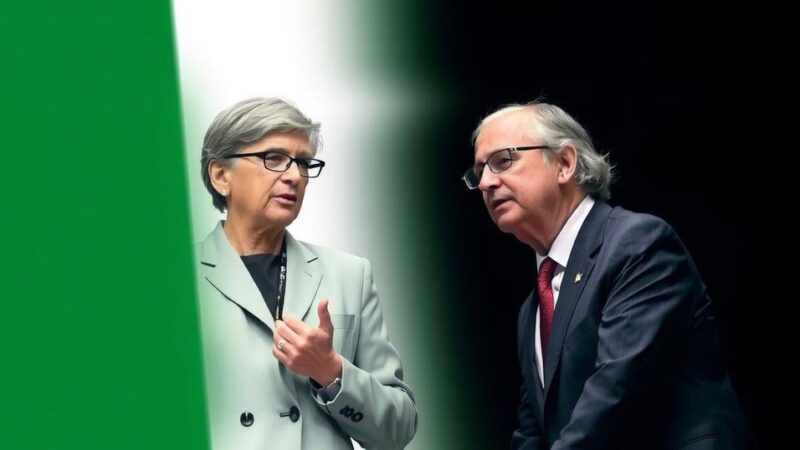Uruguay exemplifies a successful, civil political culture with transparent electoral processes, moderate leadership, and progressive social policies, contrasting sharply with the divisive politics of larger nations like Brazil and the US. Its commitment to democracy and social welfare provides crucial lessons for countries grappling with extremism and polarization.
Uruguay stands as a paragon of democratic values amidst the political turbulence experienced in larger nations such as Brazil and the United States. The recent electoral campaign in Uruguay was devoid of the extreme polarization, misinformation, and vitriol that characterize political discourse in many other democracies. The recent elections showcased a competent and transparent process, with rapid result announcements and civil debates, reflecting a healthy political environment.
Since the restoration of democracy in 1985, Uruguay has alternated between Centre-right and Centre-left leadership, demonstrating political stability and moderation. The victory of President-elect Orsi signifies the continuity of this pragmatic approach, emphasizing social welfare and robust cooperation with the private sector, while also maintaining solidarity with leftist regimes in the region. Orsi, a former history teacher and two-time mayor, strives to embody austere leadership, following the example of former President Jose Mujica. Mujica, known as the “world’s poorest president,” exemplified simplicity and rejected elitism by living modestly and donating a substantial part of his salary to charity.
The Uruguayan economy, despite its small size, boasts low poverty and inequality rates, and the country has positioned itself as a key player in regional commerce, with India being one of its significant trade partners. Moreover, Uruguay’s progressive stances on issues such as same-sex marriage and marijuana legalization demonstrate its commitment to social rights and modern governance, setting a noteworthy model in Latin America.
Although Uruguay is a petite nation of approximately 3.6 million people, it provides substantial lessons for larger democracies such as Brazil and the US, struggling with rising extremist ideologies. The case of Uruguay signifies that politics can be conducted without extreme divisiveness and animosity, presenting a resounding counter-narrative to the rhetoric of far-right candidates. The contrast implies that there will unlikely be leaders resembling a Trump or Bolsonaro emerging from Uruguay.
Uruguay’s political landscape has been defined by its transition from military dictatorship to democratic governance since 1985. Its ability to manage electoral processes with integrity and transparency contrasts sharply with many contemporary democracies, illustrating a commitment to civil political engagement. The consistent alternation of power between moderate parties highlights a culture of respect and political civility, distinguishing it further in the context of Latin America, where volatility often prevails. Additionally, Uruguay’s progressive social policies and economic resilience give credence to its reputation for stability and sensible governance in a region frequently marred by conflict.
In conclusion, Uruguay’s approach to democracy underscores the feasibility of governance grounded in civility and pragmatism, providing an instructive lesson for larger nations grappling with political strife. Its historical context and current governance practices exemplify a shift away from extremism, suggesting that mutual respect and moderate politics can yield substantive societal benefits. As Uruguay continues to forge a path of progressive social policies and economic stability, its model may serve as a necessary guide for more tumultuous democracies.
Original Source: www.theweek.in






